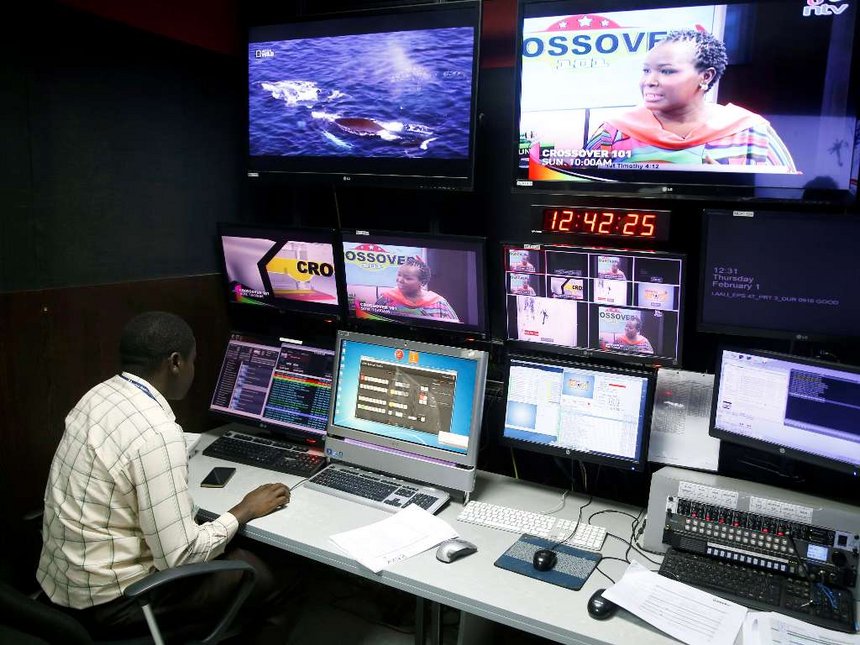More than most of their counterparts in other industries, CEOs in media are wary about their own company prospects. PwC’s 21st CEO survey shows a divergence between this industry and the rest of the worldwide economy – including the adjacent telecommunications and technology sectors. The results reinforce the growing concern in Media about their challenges in the digital age.
A quarter of the media CEOs were not confident about their company’s prospects for revenue growth in 2018 – double the average for the global sample as well as for the telecom and technology CEO samples. Only 30% were ‘very confident’ about those prospects, which was under the global average of 42%. These were among the lowest numbers of all the industries covered in the survey.
The numbers did improve when CEOs were asked about growth prospects in the next three years. Fully 39% were ‘very confident,’ close to the global average of 45%, and only 3% were ‘not very confident.’ The global average was 7%.
Media CEOs share the general macroeconomic optimism of their counterparts in other industries. More than half, 53%, expected global growth to improve in 2018, and another 39% said it would continue at the same level. This is in line with higher confidence levels across industries, especially in the US and Europe.
When asked about threats to growth and profitability, media CEOs also gave responses similar to the global sample. Geopolitical uncertainty and over-regulation were high on the list of economic and social threats, with 39% and 34%, respectively, saying they were ‘extremely concerned’ about these issues.
As for business threats, they worried most about the availability of key skills (45%), the speed of technological change, and cyber threats (both 42%)
A full 86% said changes in consumer behaviours would be ‘somewhat or extremely disruptive,’ compared to 68% for all industries. Another source of disruption was looming changes in the core technologies of production and service, which drew ‘somewhat or extremely disruptive,’ replies from 75% of E&M CEOs versus 64% globally.
These changes will almost certainly involve the shift from conventional media distribution, through print, broadcast, and projected media, to digital media through internet-based platforms. It also reflects the industry’s declining confidence in its ‘content is king’ business model.
As digital disruptors emerged several years ago, media executives believed their long established
capabilities in creating content, as well as extensive content libraries. But it has become clear that content alone is no longer enough to sustain a healthy business model.
The disruptors quickly built up audiences with user-friendly, customisable platforms, supported by broad ecosystems of partners. They also convinced users to contribute free content. Finally, they used powerful data analytics to determine the topics that most interest users, and they’ve used their sizeable
resources to commission high-quality, high-interest content from outside producers.
As a result, the disruptors’ rich media platforms are displacing traditional content production and distribution. Advertising is moving toward these platforms, starving the established media companies of their main revenue.
READ: E-COMMERCE TO CREATE 200,000 JOBS
In the midst of overall economic optimism, media companies are struggling with fullblown digital disruption. More than most industries, their business models are breaking down as viewers shift to internet-based platforms. Their CEOs remain optimistic about longer-term prospects, but the path to sustainable success will be a difficult one.

